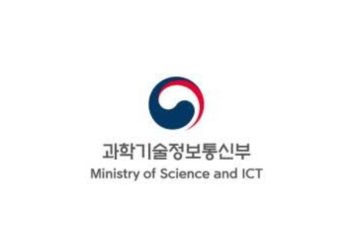The U.S. and South Korea governments will be working together to stabilize the global supply-chain issue in the semiconductor industry. The issue was discussed on Thursday in a meeting conducted between Sung-Wook, the Korean trade, industry, and energy minister, and Gina Raimond, the U.S. secretary of Commerce. Sung-Wook has urged the U.S. to protect the semiconductor data requested by their government to resolve the shortage in the chip market.
Earlier this week, the U.S. government urged South Korean chipmakers such as Samsung and SK Hynix to submit semiconductor data in order to reckon gridlocks in the global supply chain. Consequently, the meeting between Sung-Wook and Gina was held for further discussion on the subject.
“The request was inevitable due to the ongoing global supply chain problems,” Gina stated as she spoke to the media through a release. “We appreciate the South Korean companies’ cooperation, we are well aware of their concerns, and we will protect the data and information thoroughly,” she added.
At present, Samsung and SK Hynix are two major contributors to the global chip production industry, where Samsung leads the market at the second rank. The duo produces around 70% of the chip production supplied to the global market.
Bilateral talks between the two countries will continue from the first week of December. This is considered to be the next step in their commercial relations and is expected to enhance the cooperation on resolving the global semiconductor issue.
The talks will be virtual; the release stated where Moon said, “With regard to semiconductors, (the sides) agreed to create a new semiconductor partnership dialogue and hold its first meeting on Dec. 8.”
Although the discussions have been at the directorial level until now, the meetings hereon will be held on the ministerial level, including experts and enterprises from both nations.
Along with the semiconductor issue, the ongoing steel tariff concerns were addressed as well in the meeting. At present, the U.S. has waived off a 25% tariff on steel imports. However, the South Korean counterparts have requested the amendment of the Section 232 tariffs on aluminum and steel imports and their import quota be raised.
Responding to the import issue, the U.S. official has stated that the annual steel exports by South Korea, which is at 70% presently, cannot be increased further.
The agreement has expanded the semiconductor commercial forum for the two nations to work on technology and investment priorities in the semiconductor sector. The semiconductor shortage issue has impacted global firms and organizations on a considerably large level. The duo working together, the ties are expected to bring results for the greater good while strengthening their bilateral ties.






